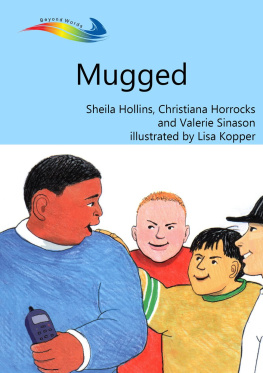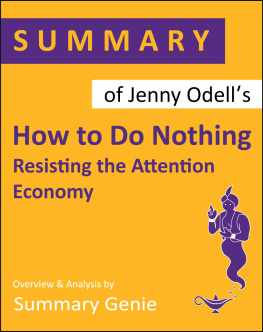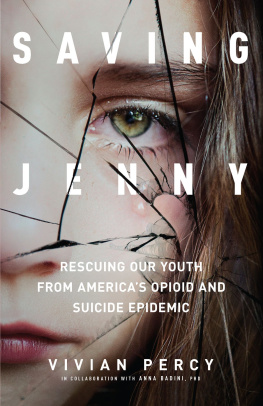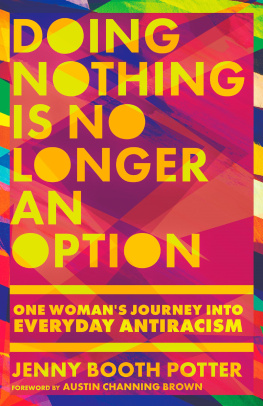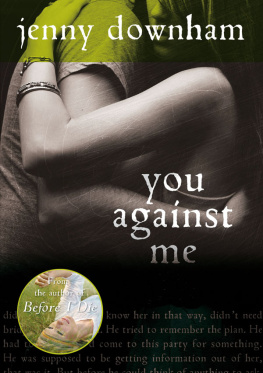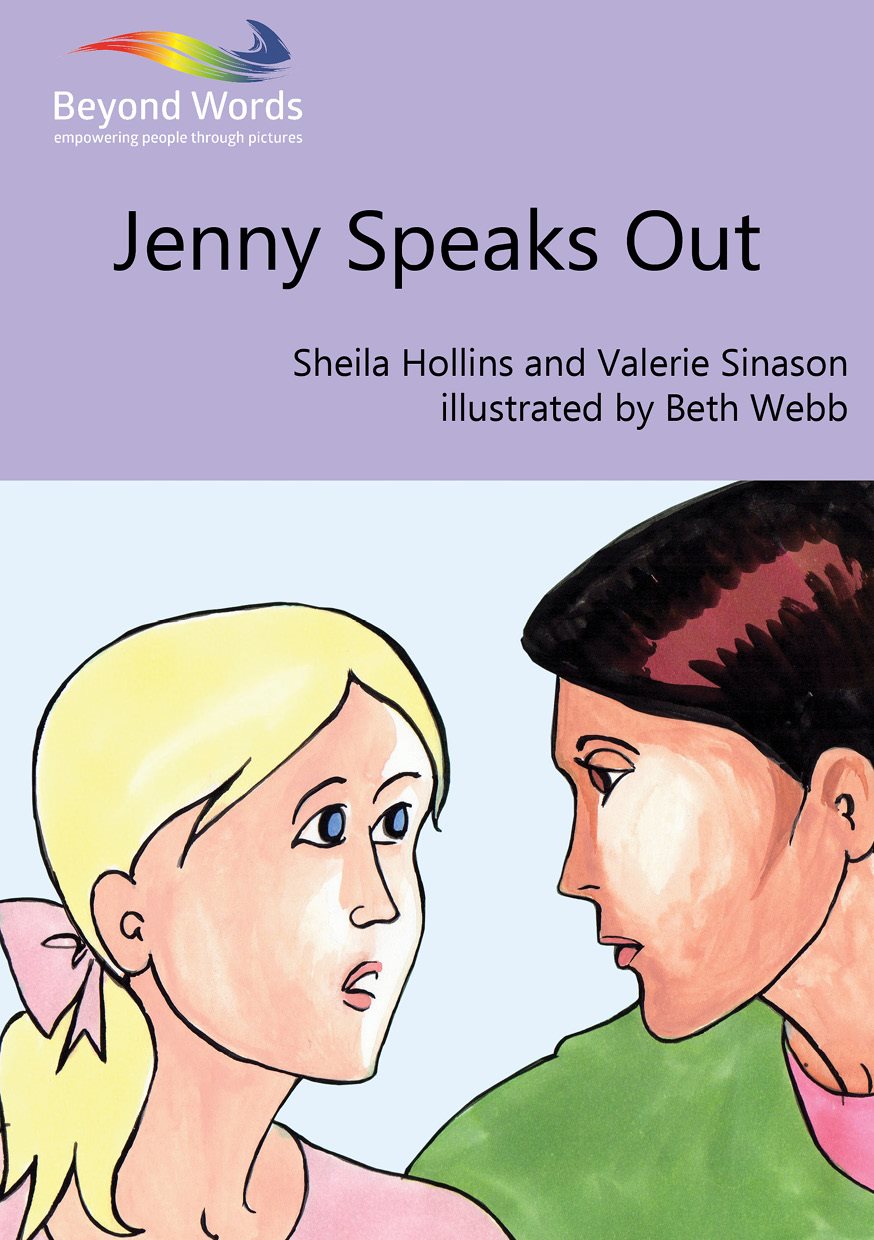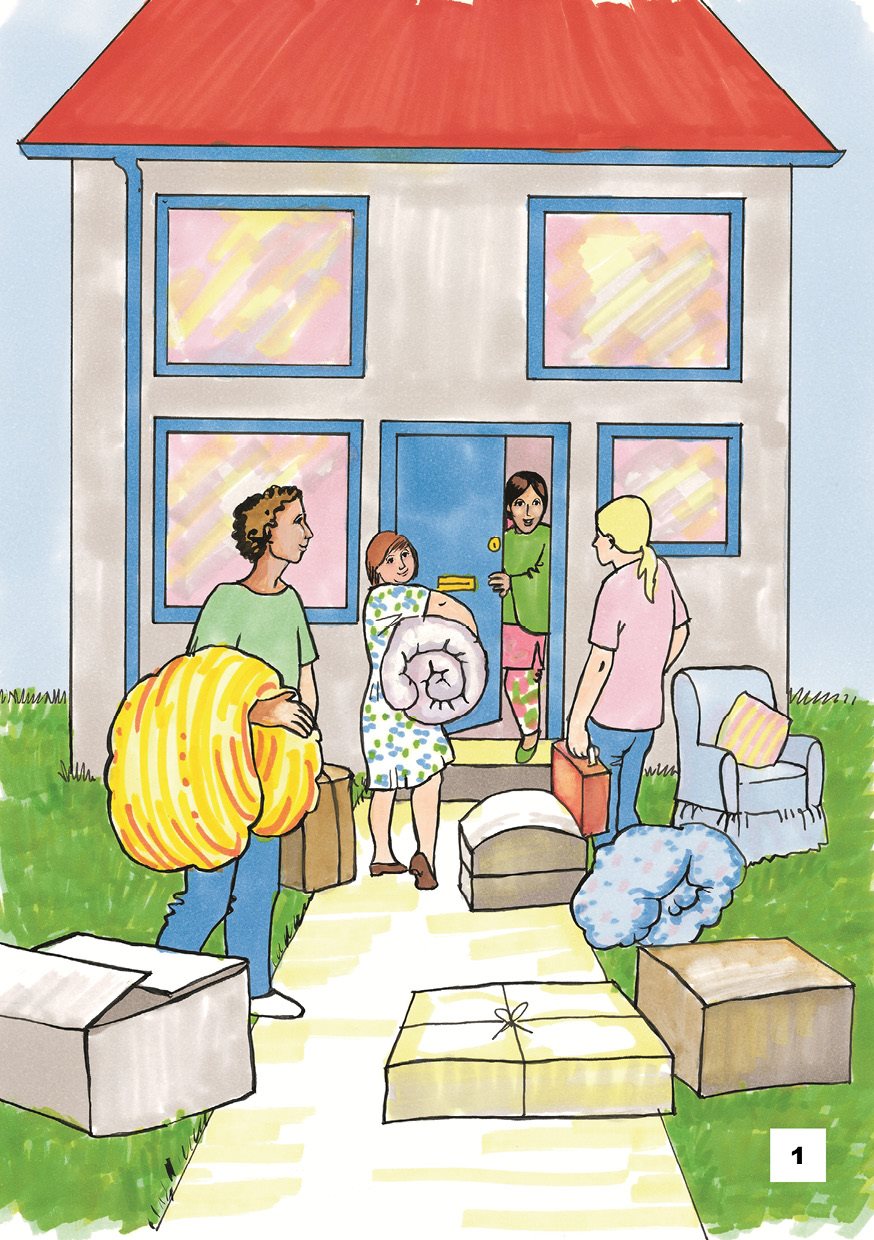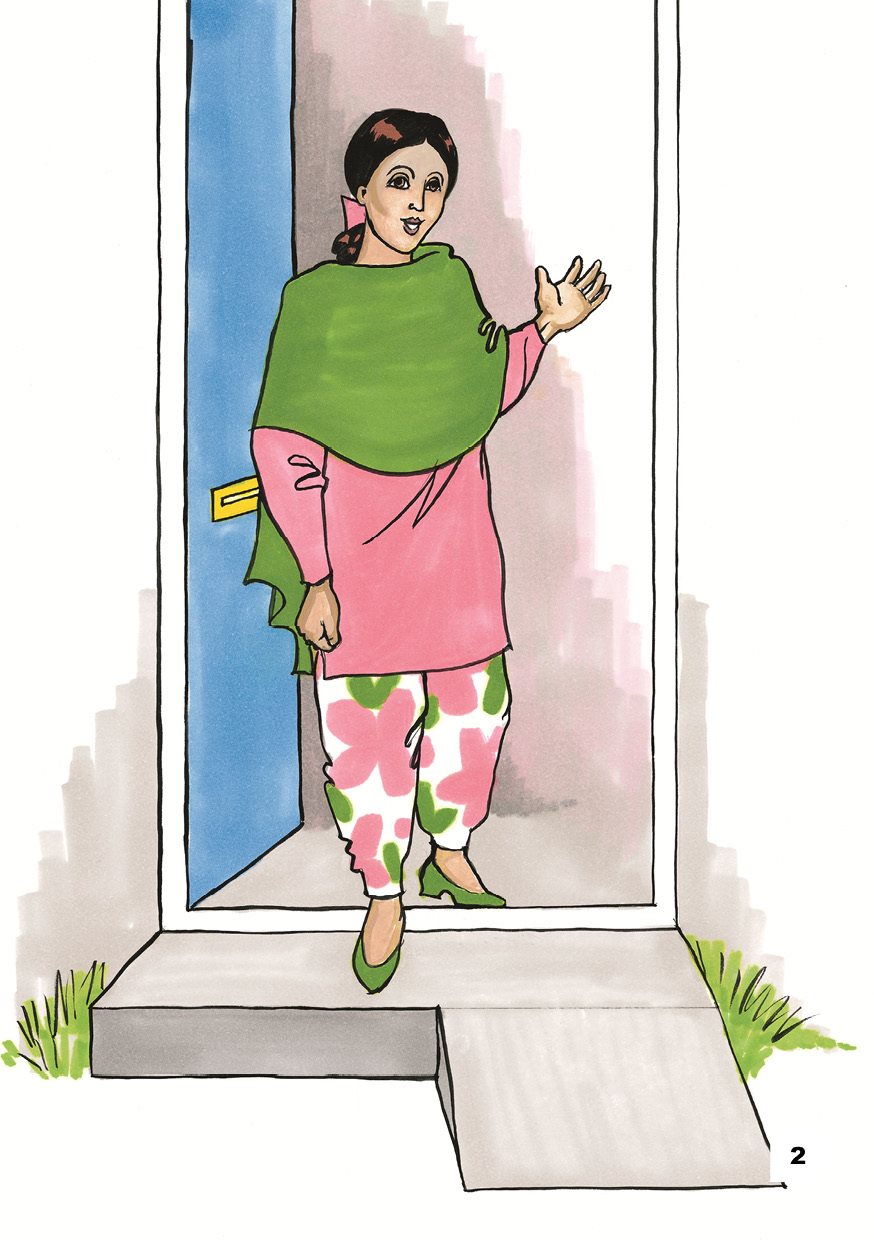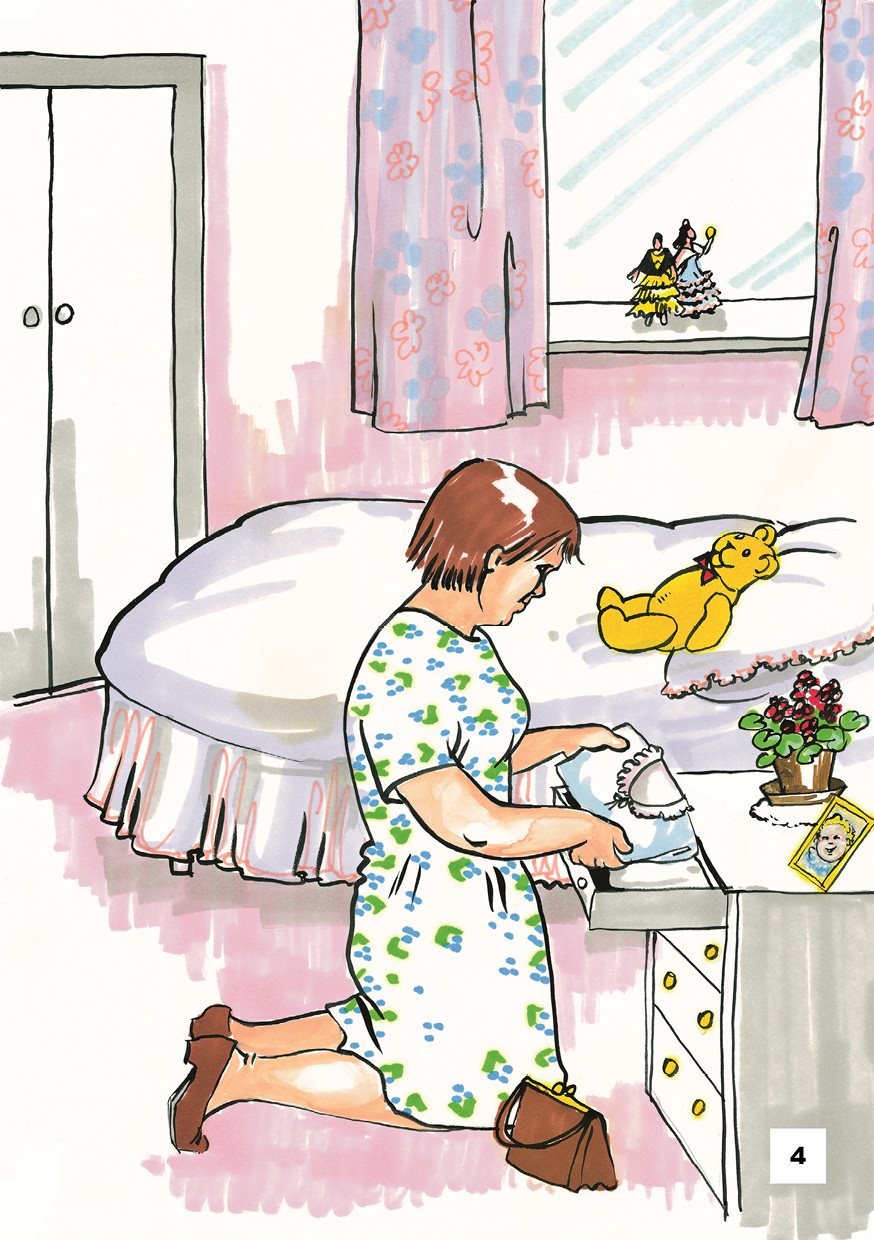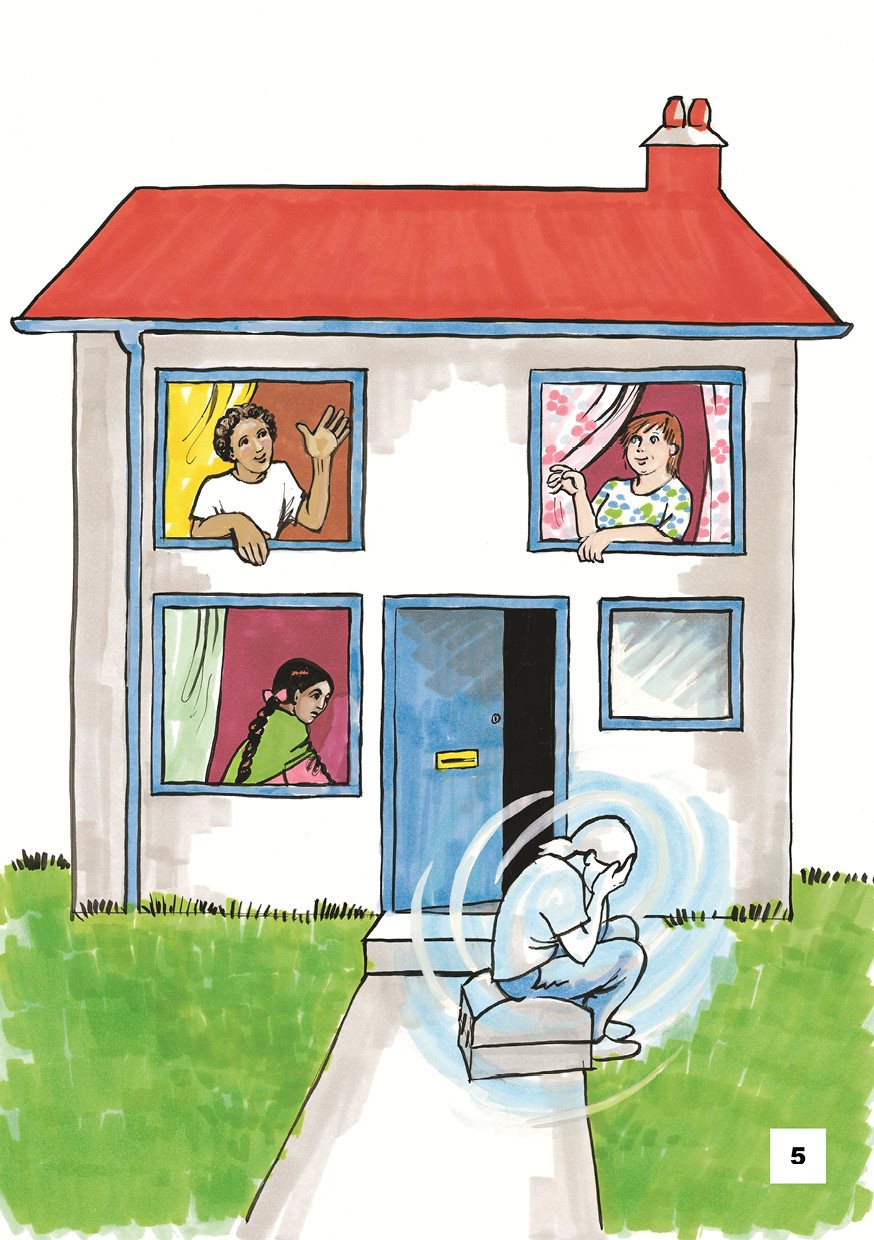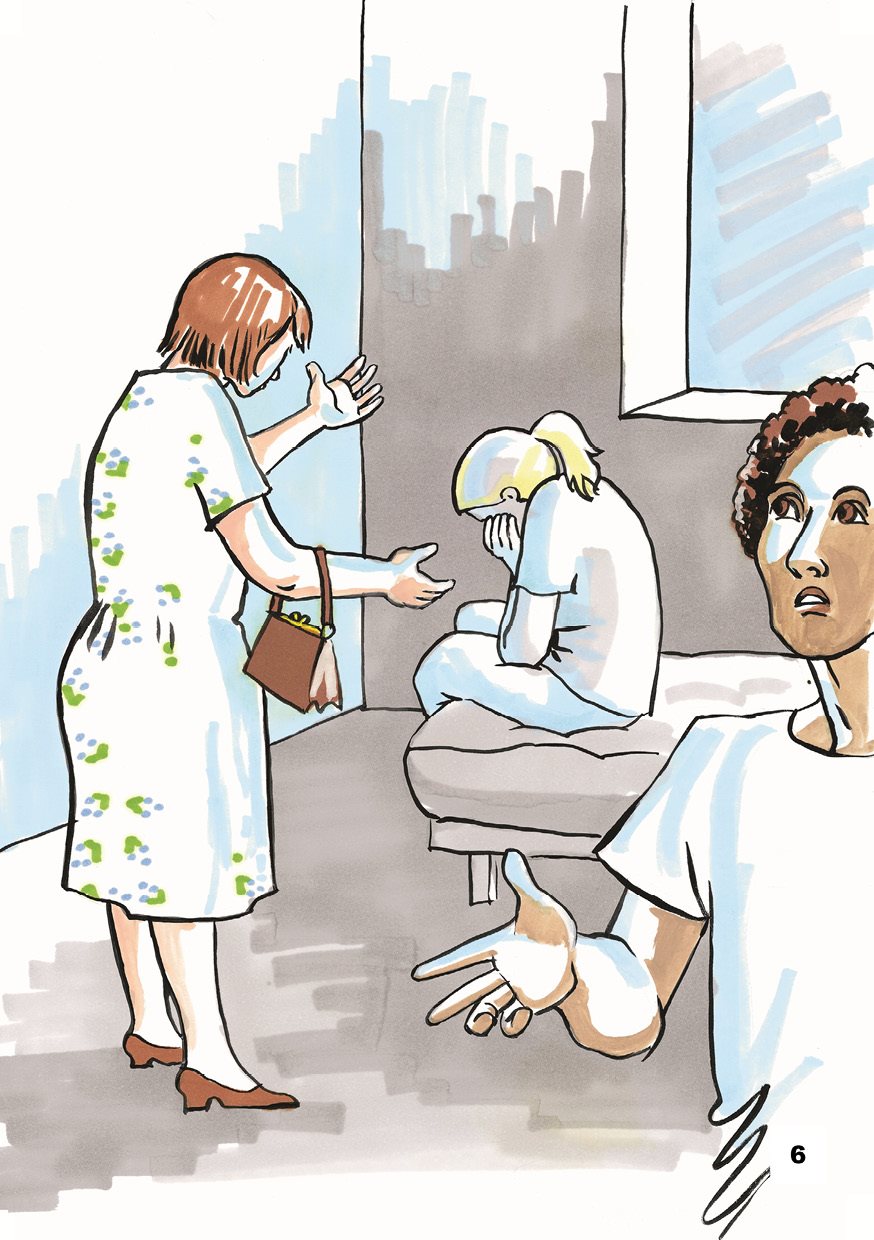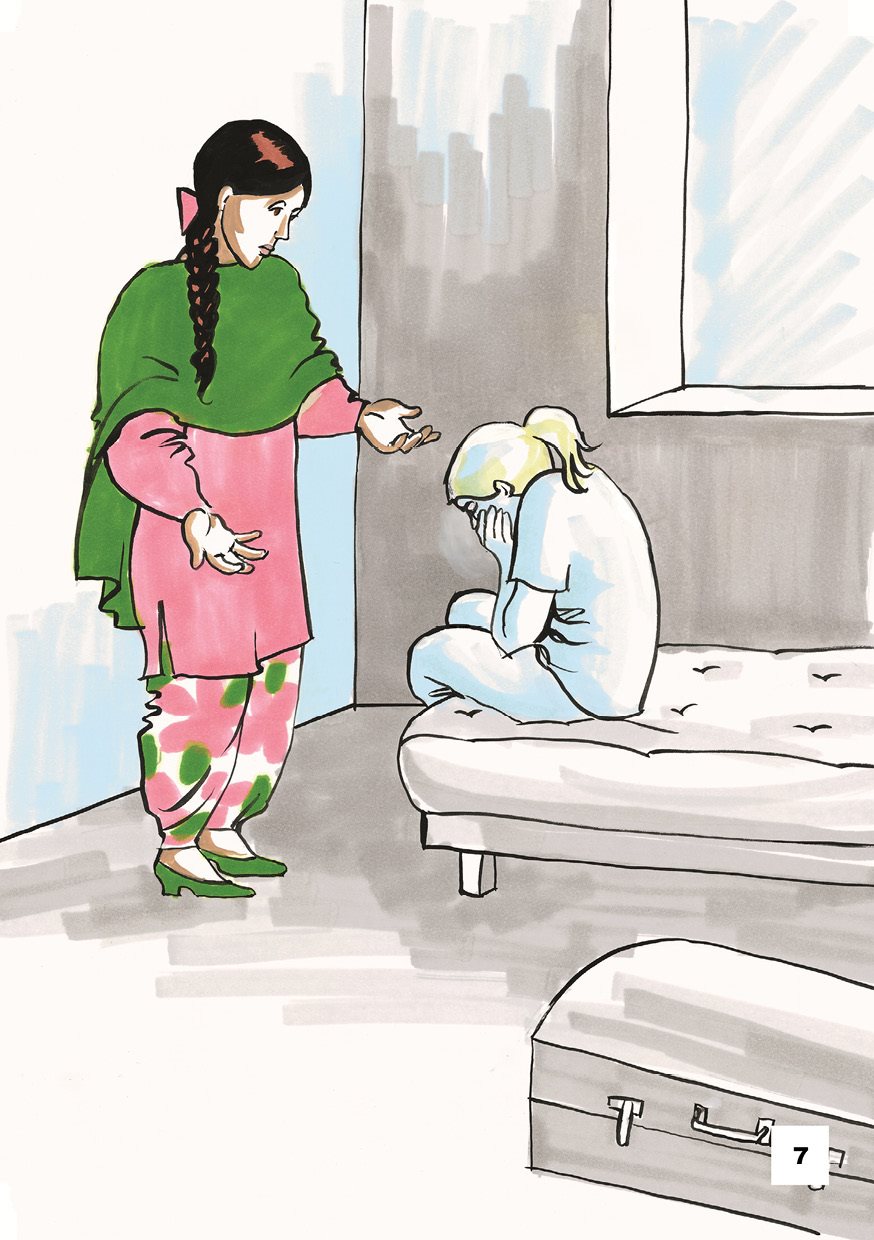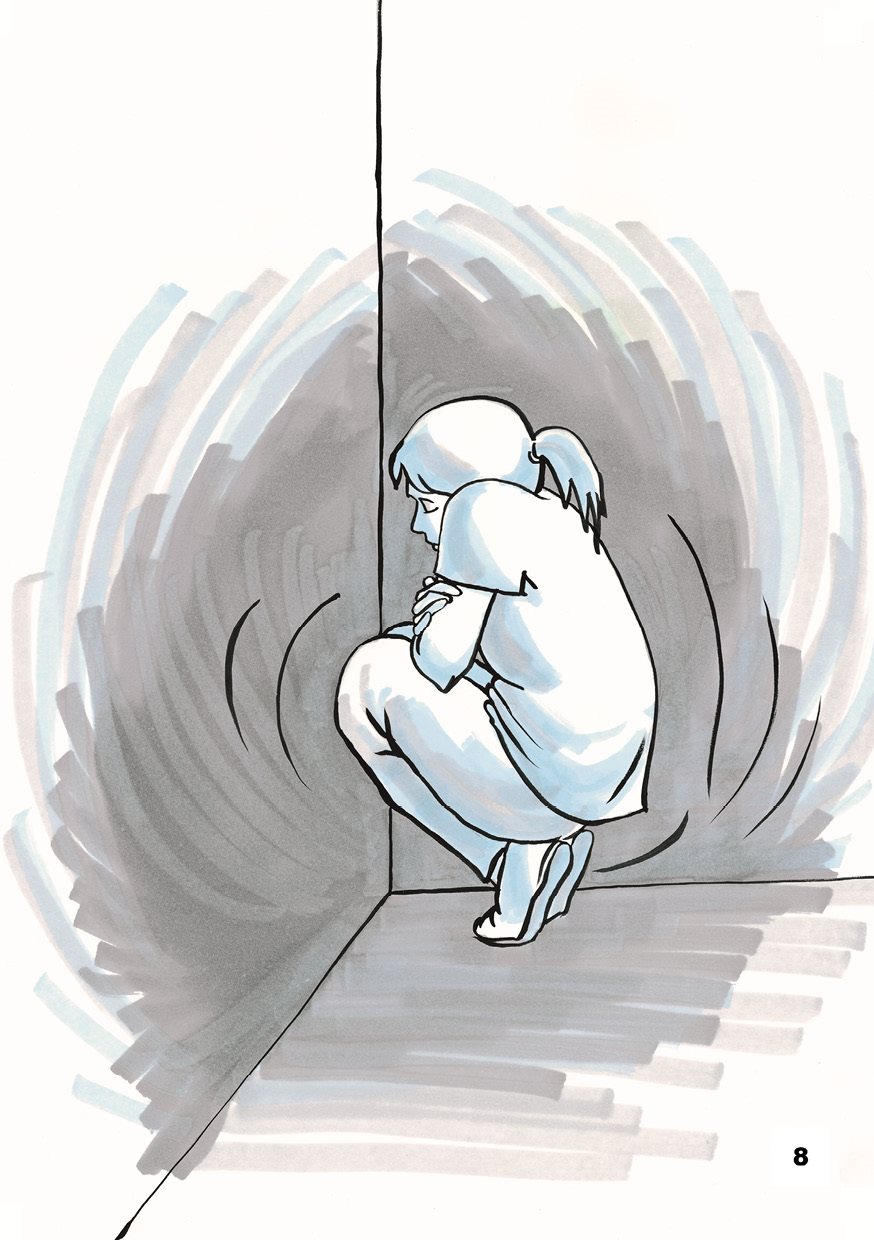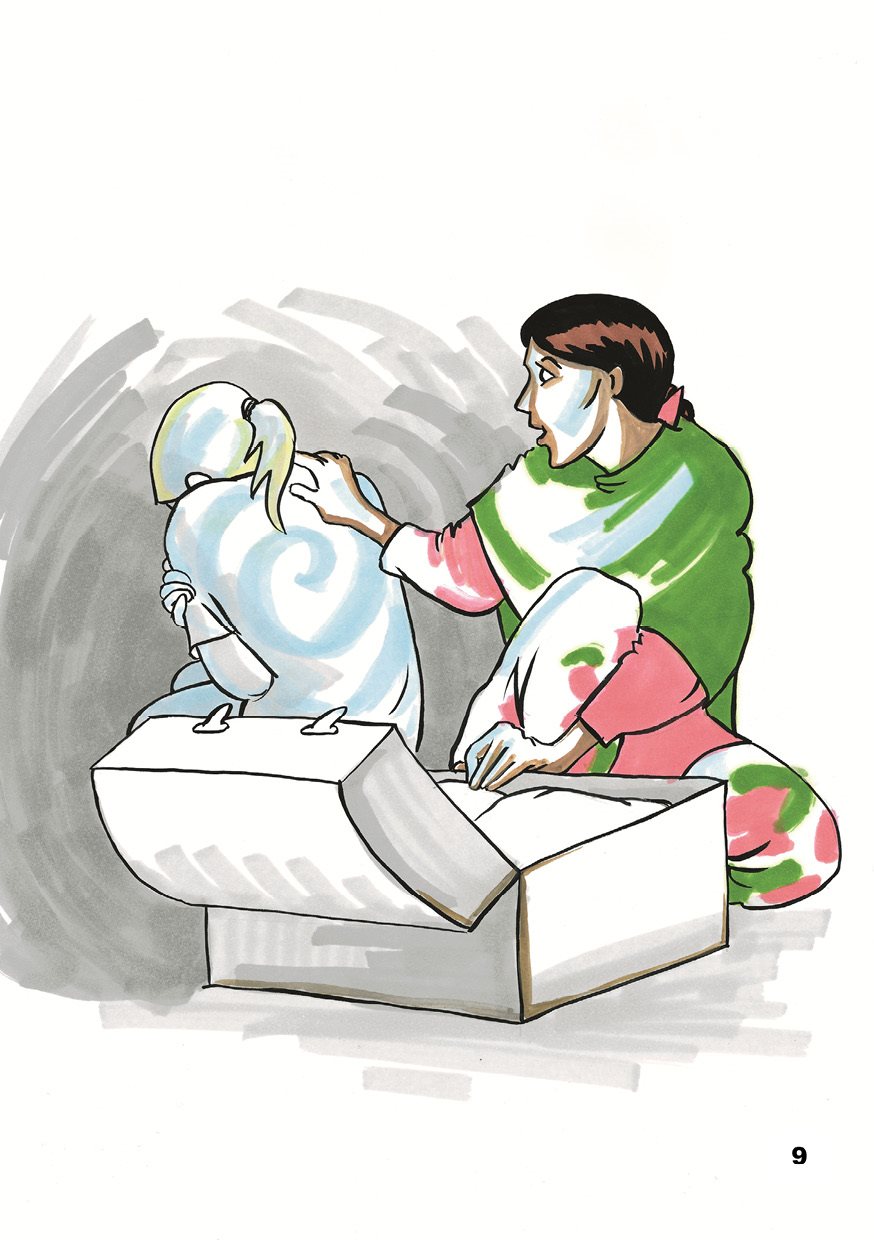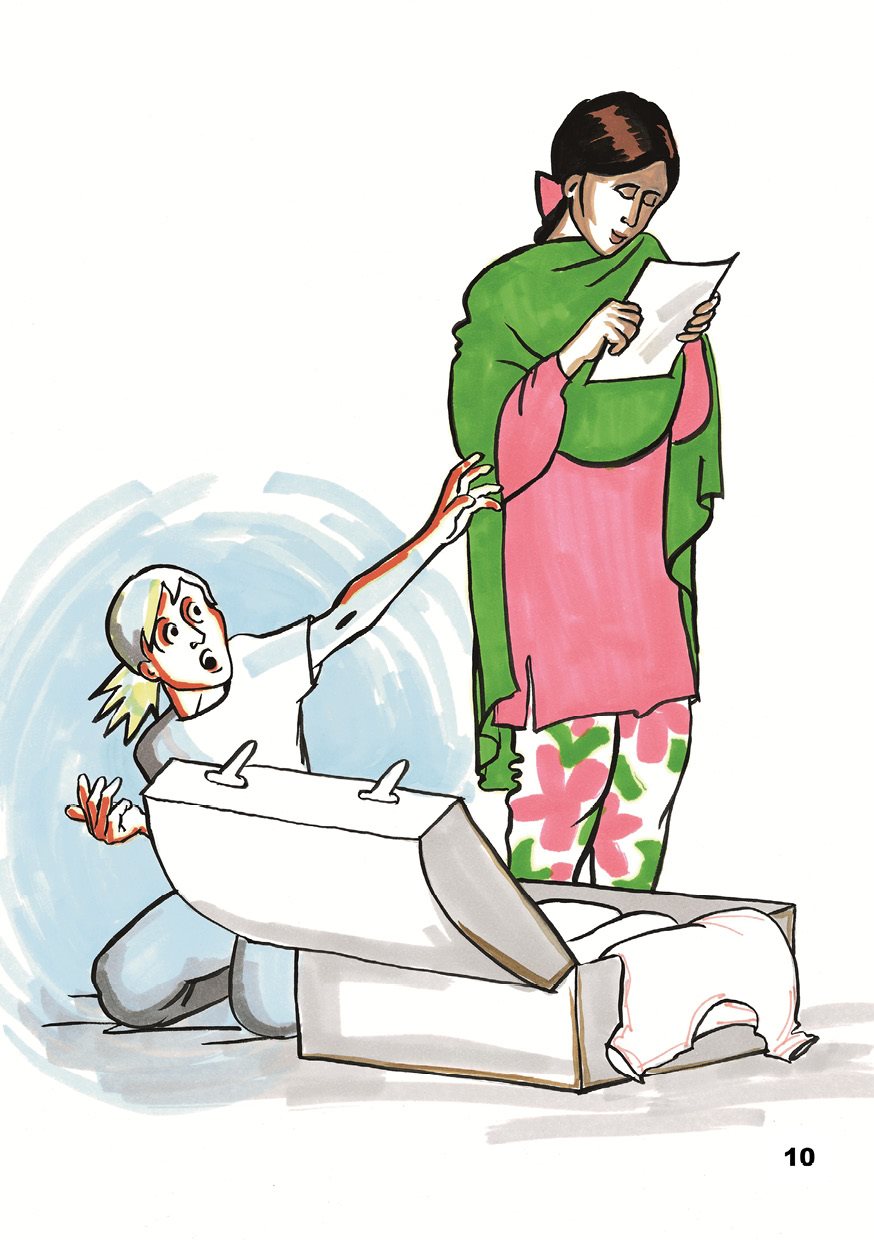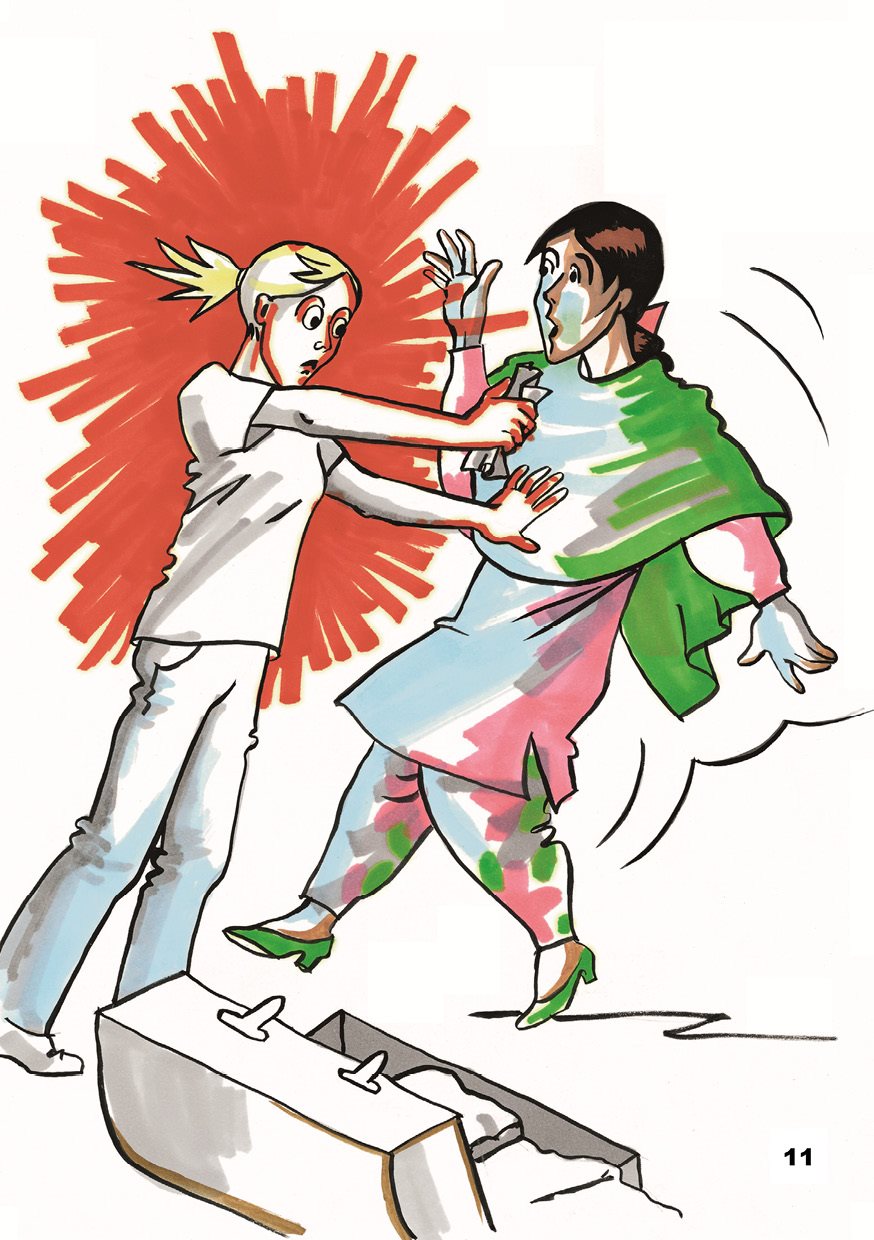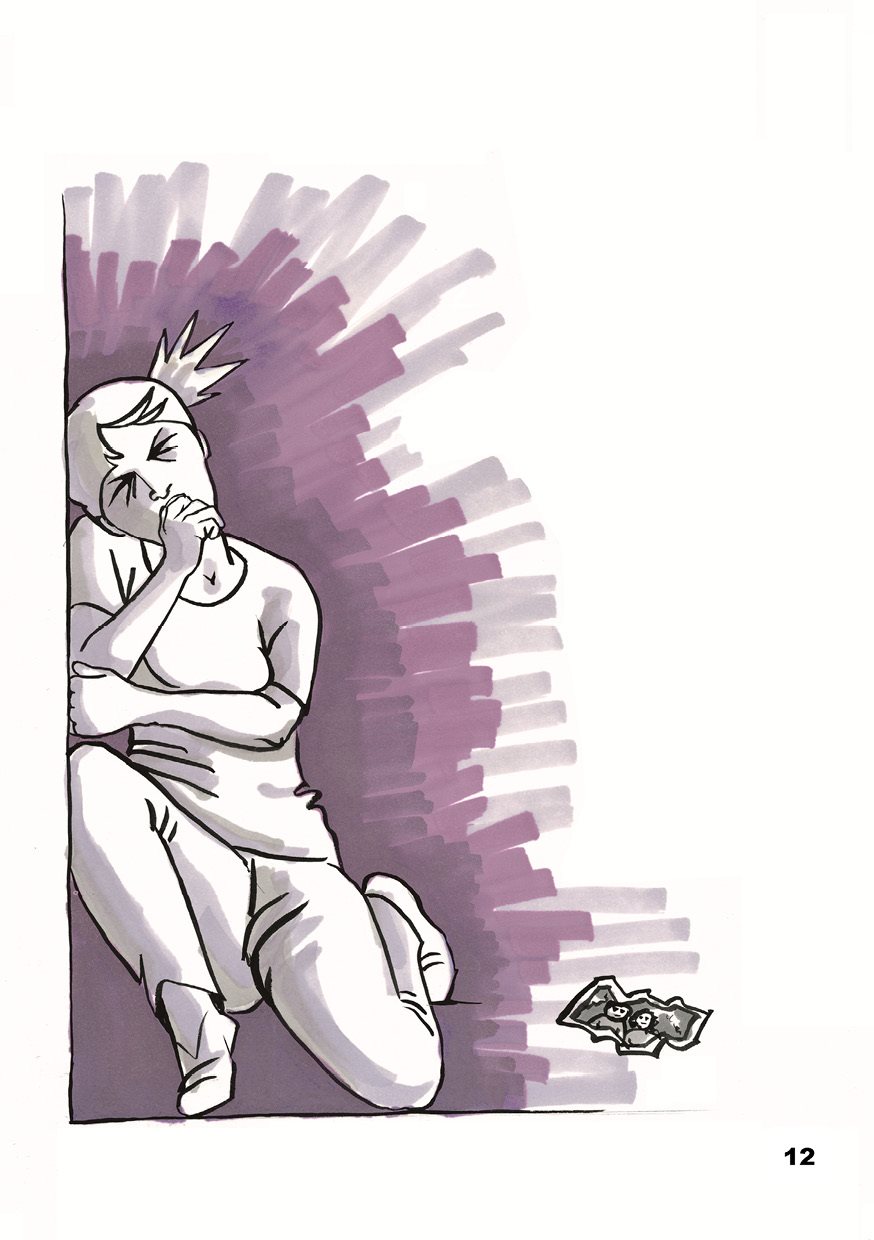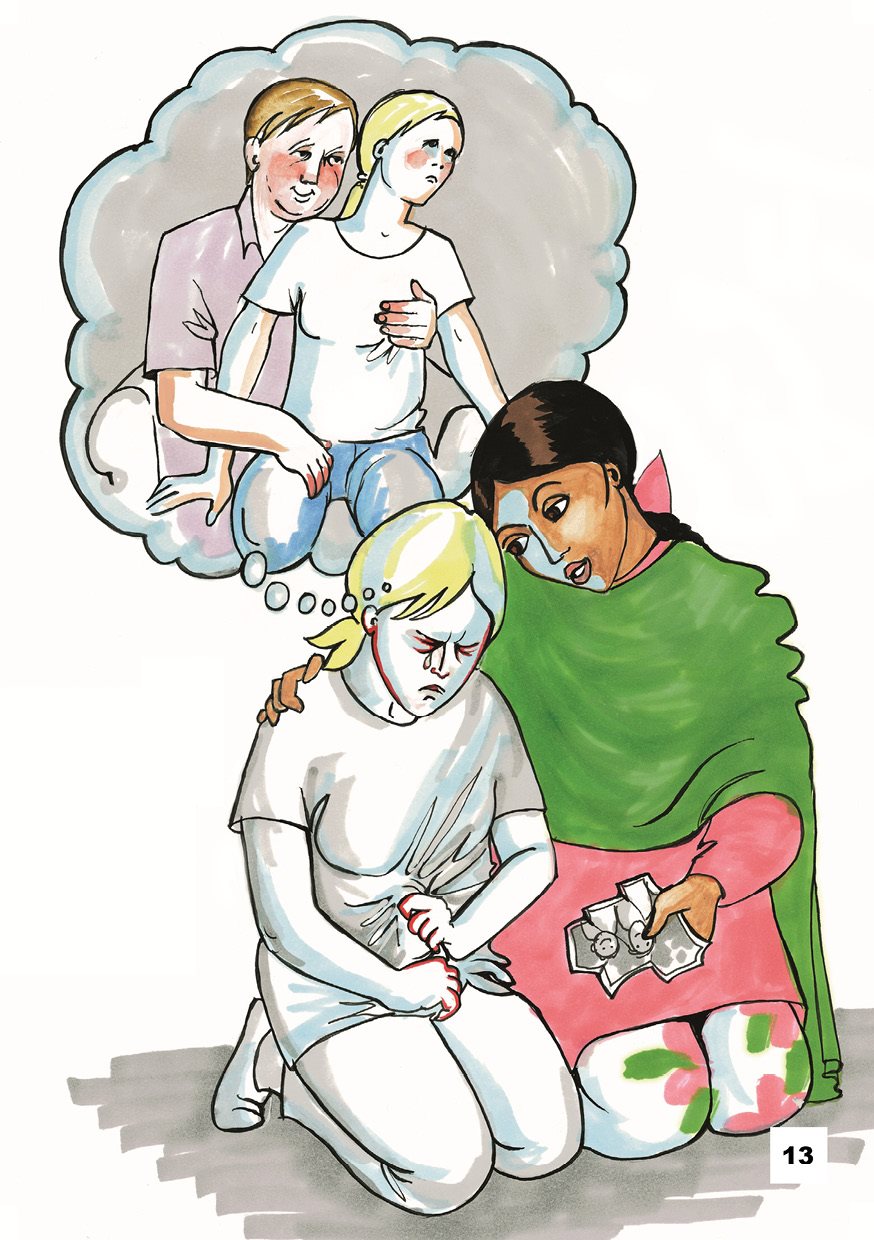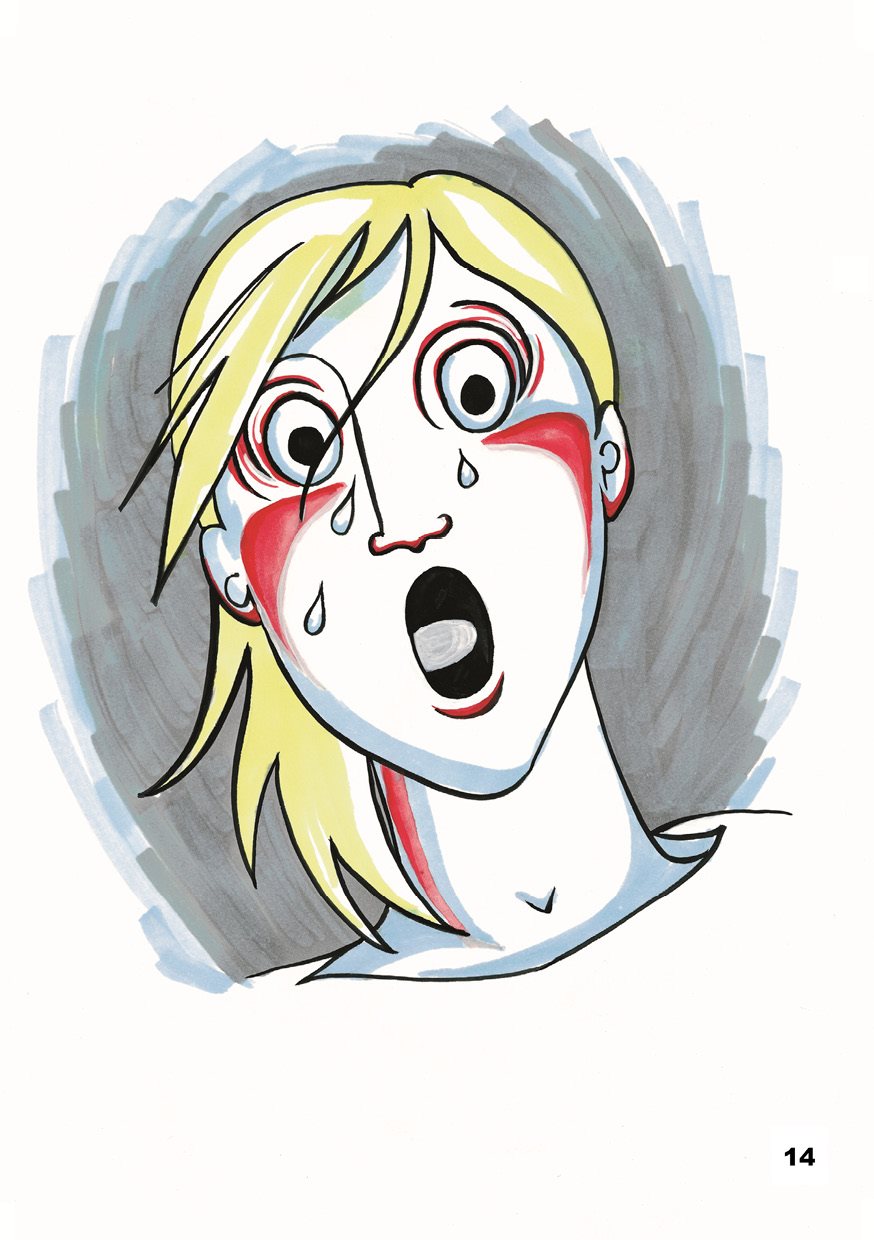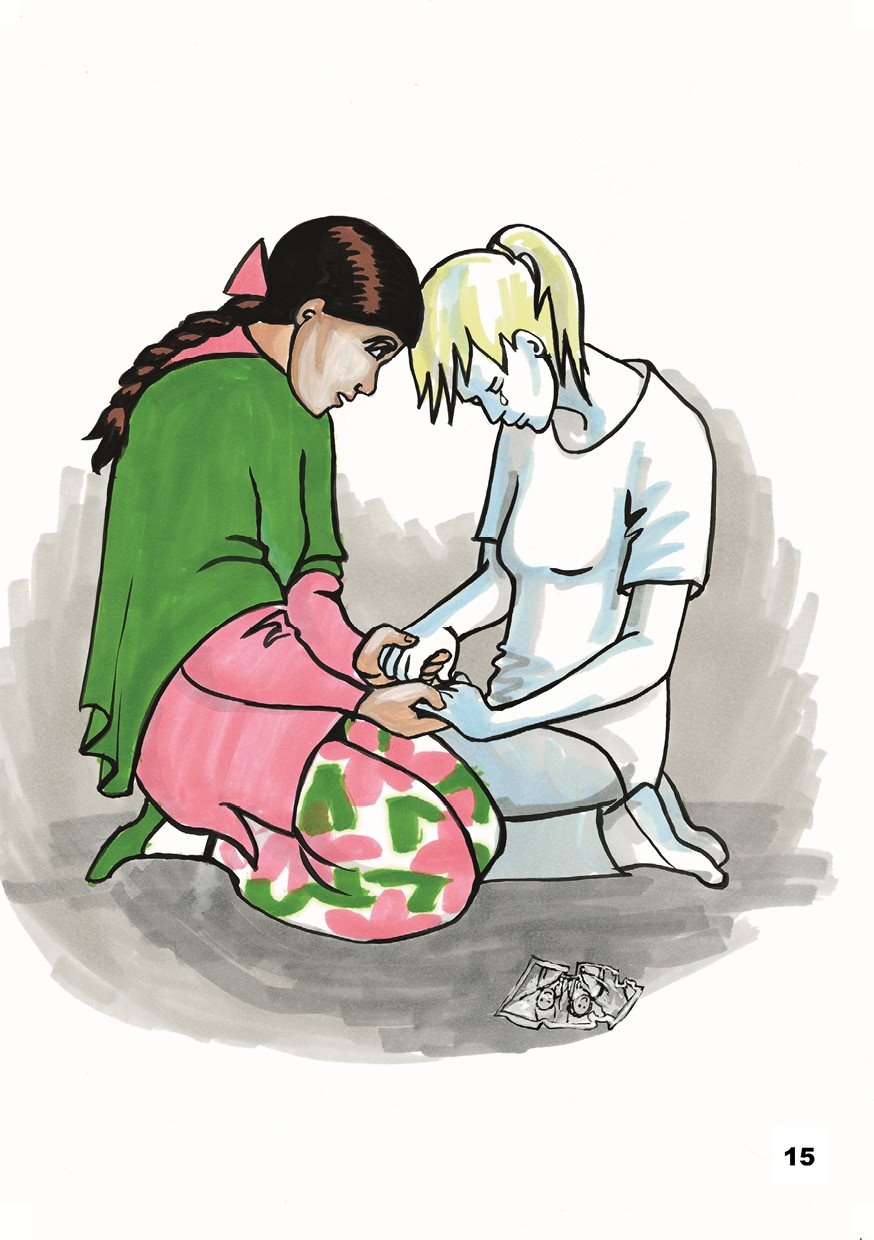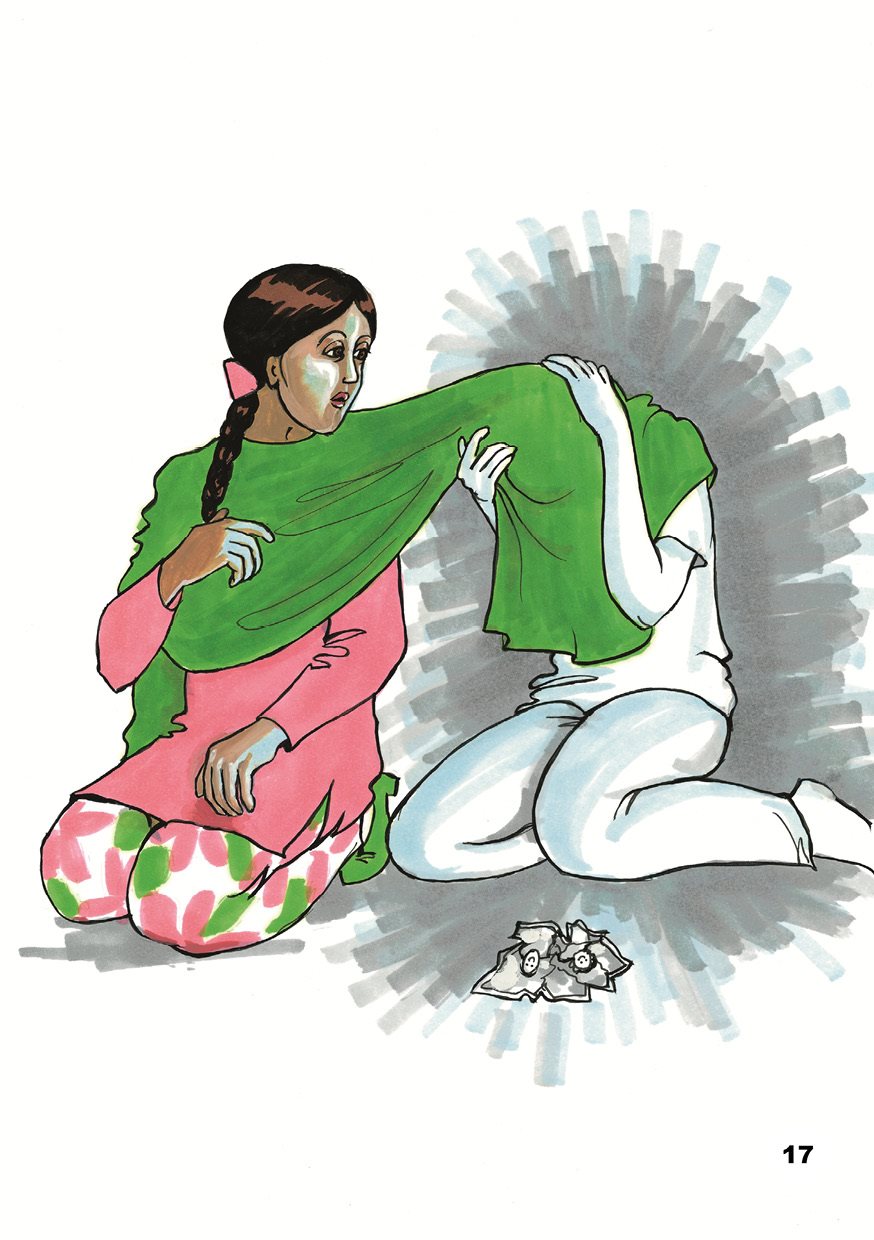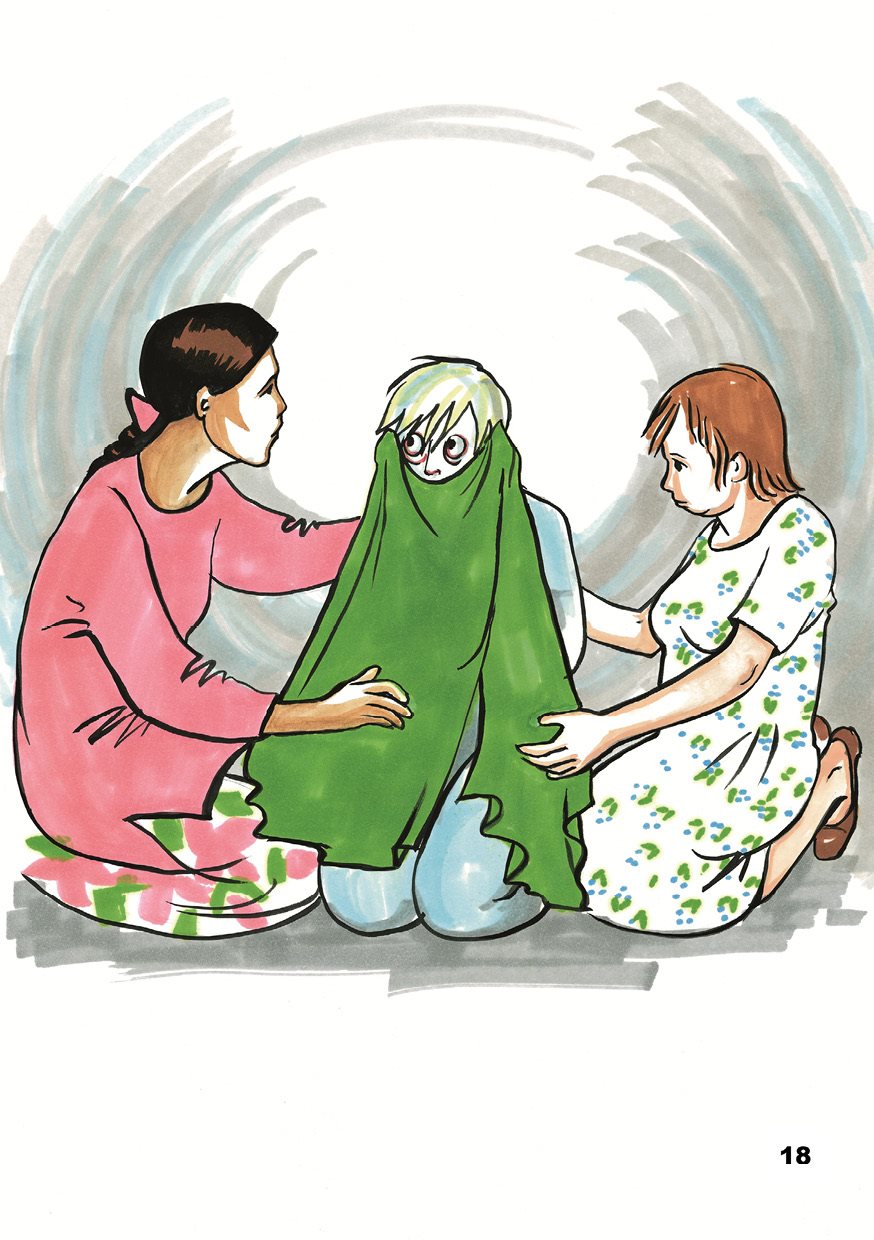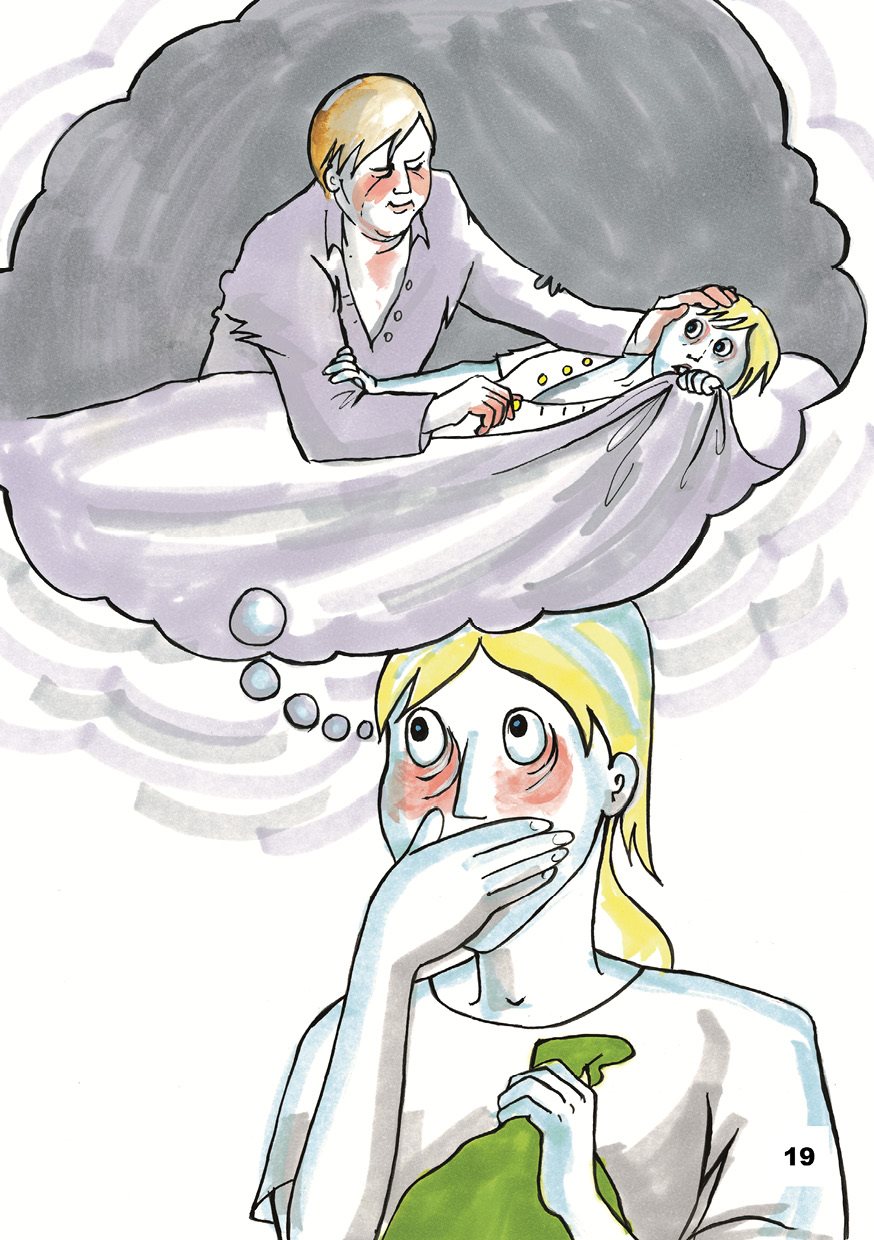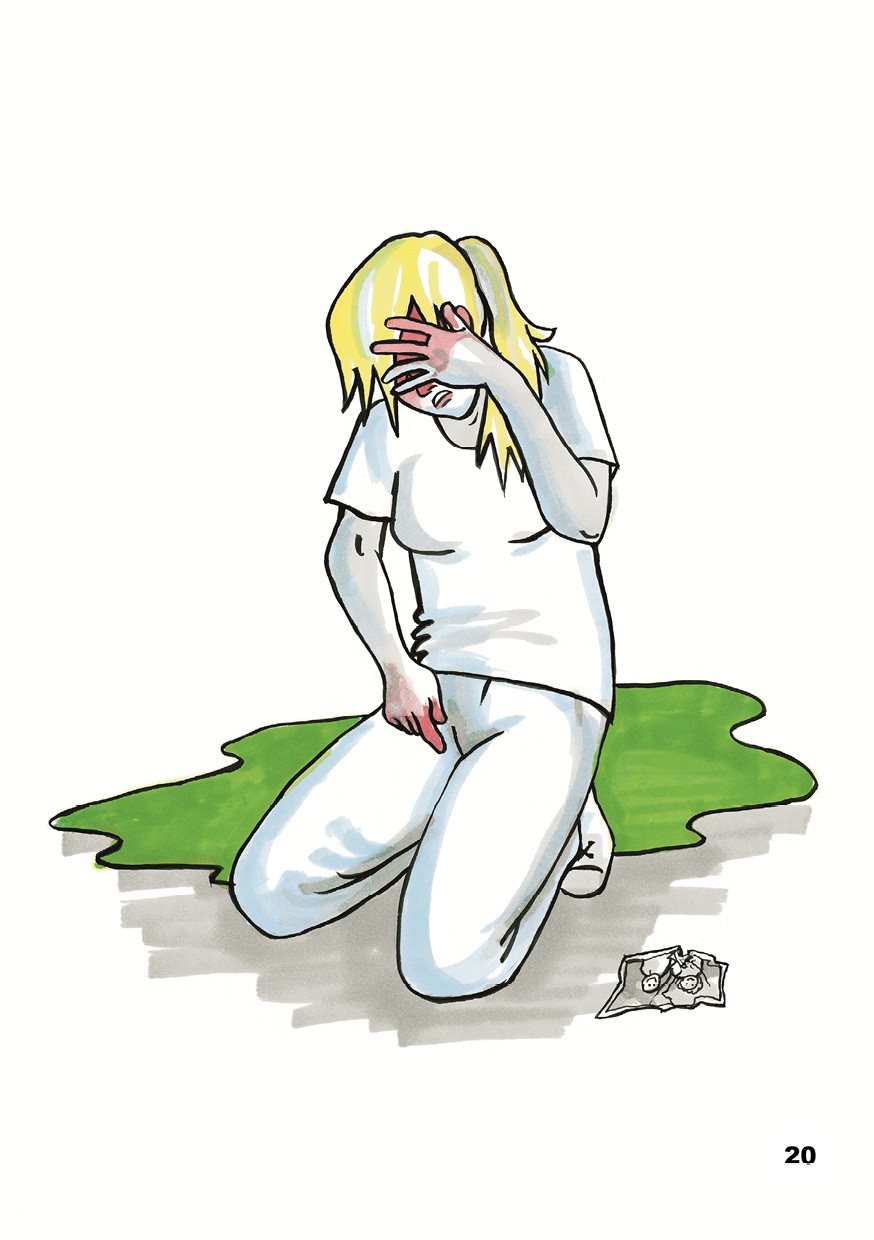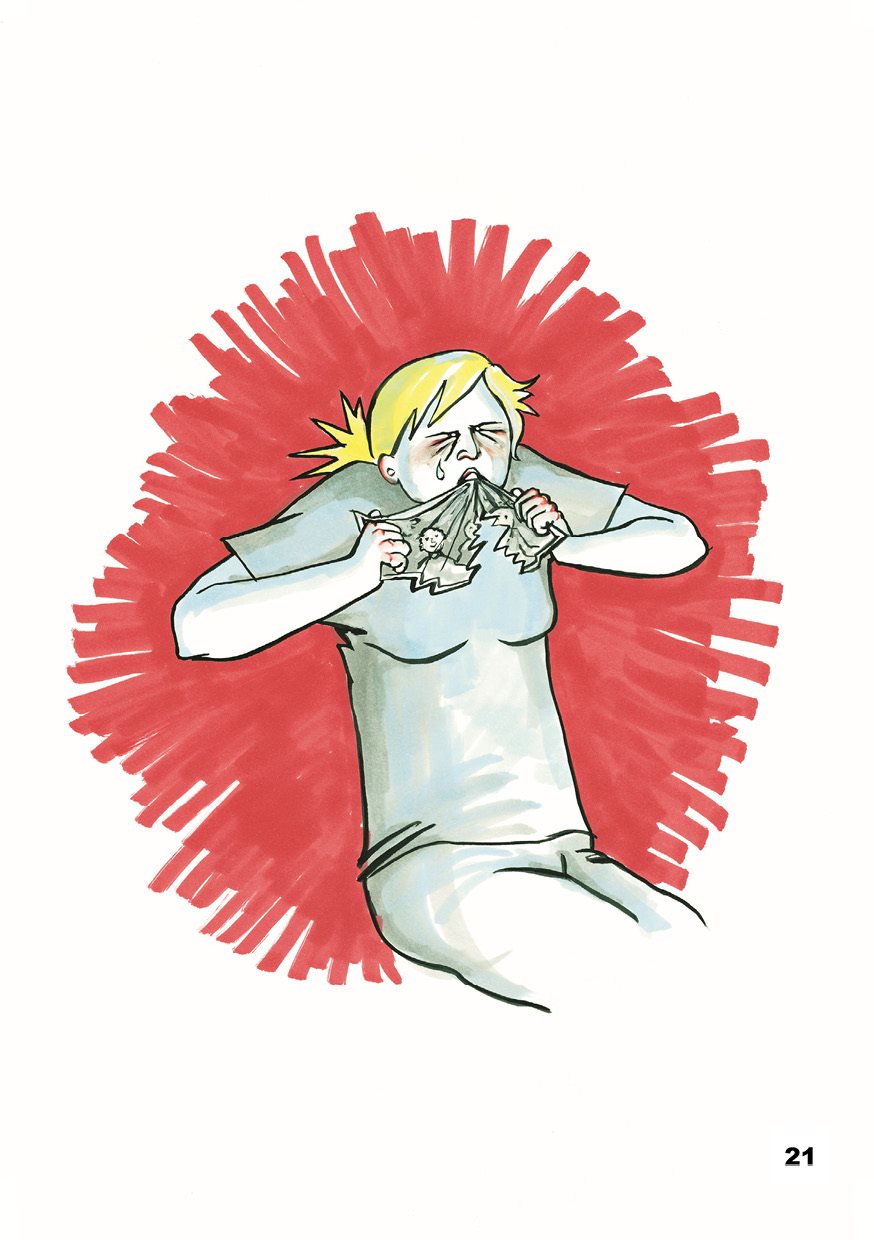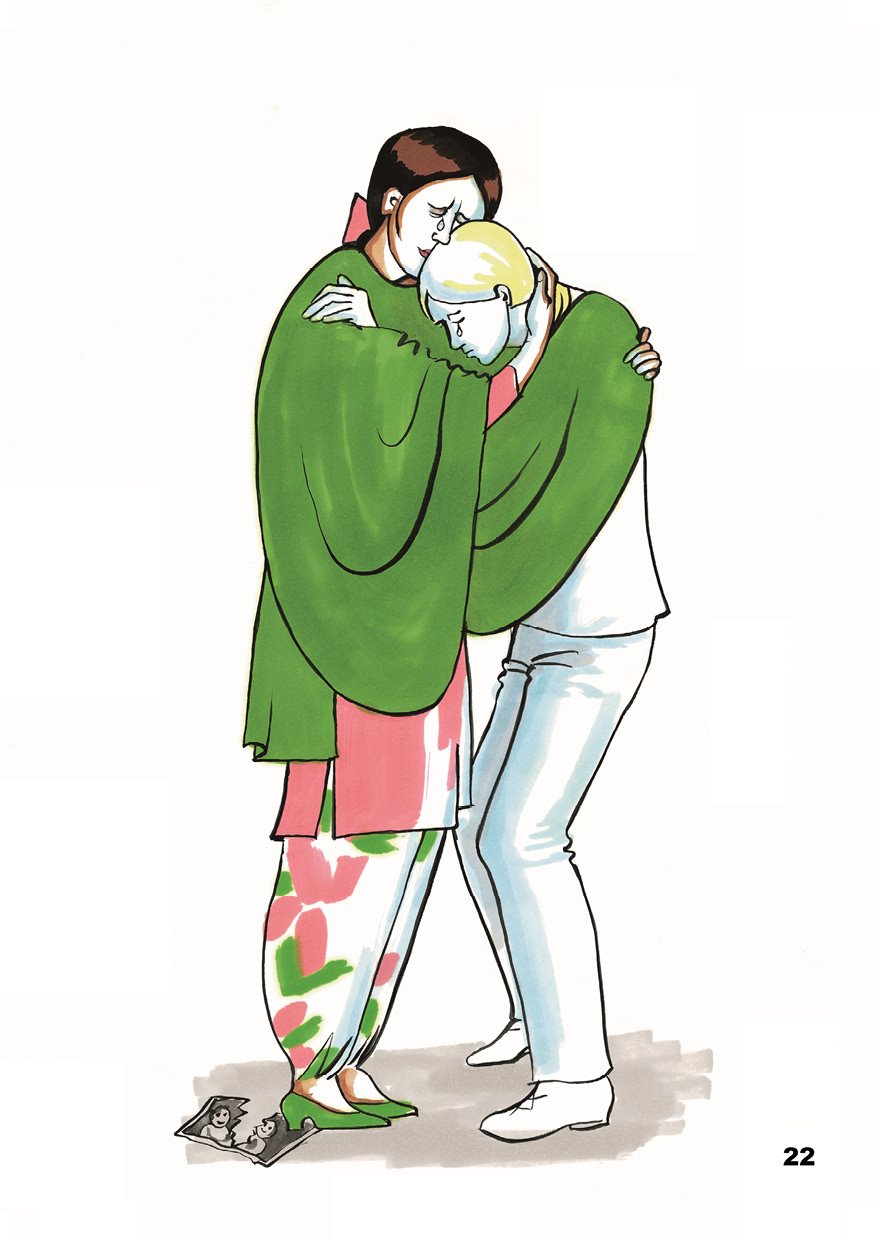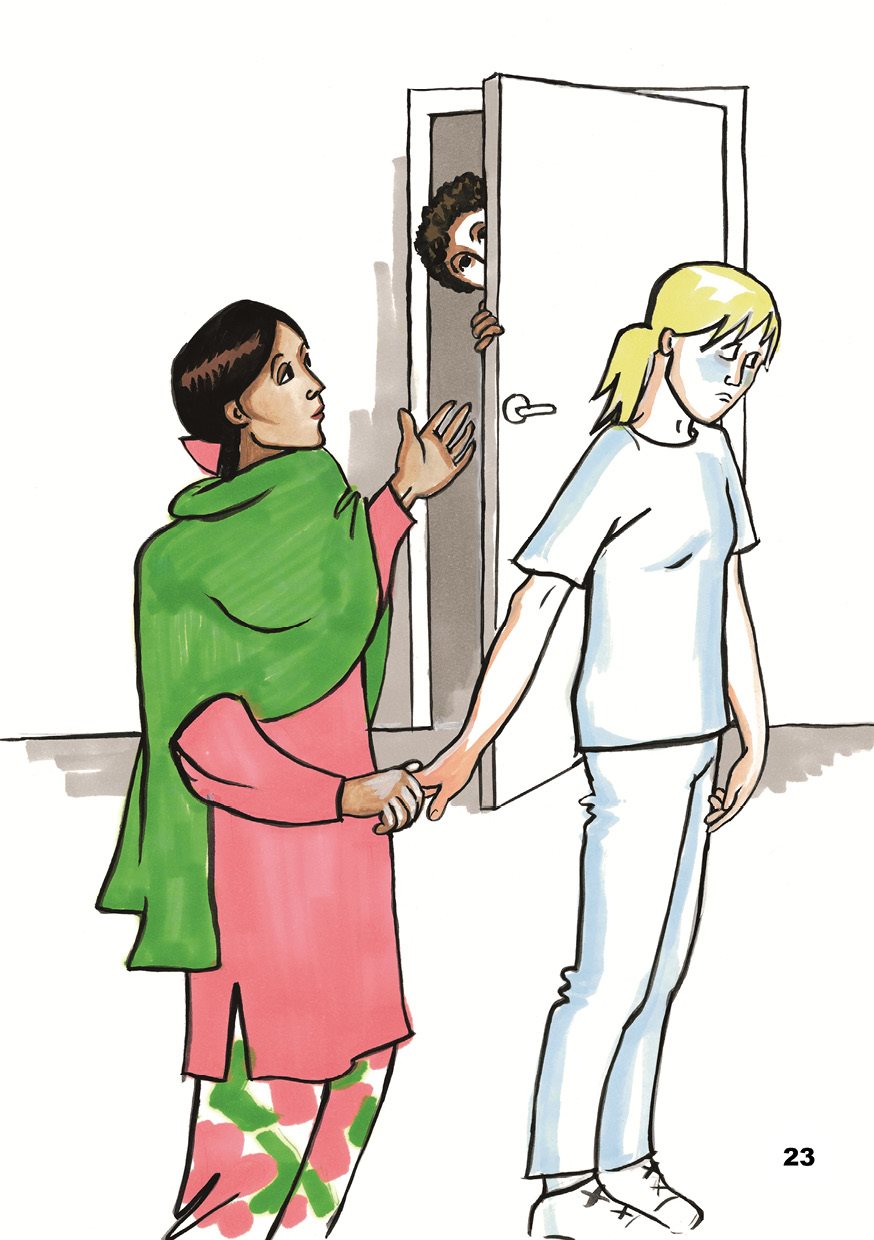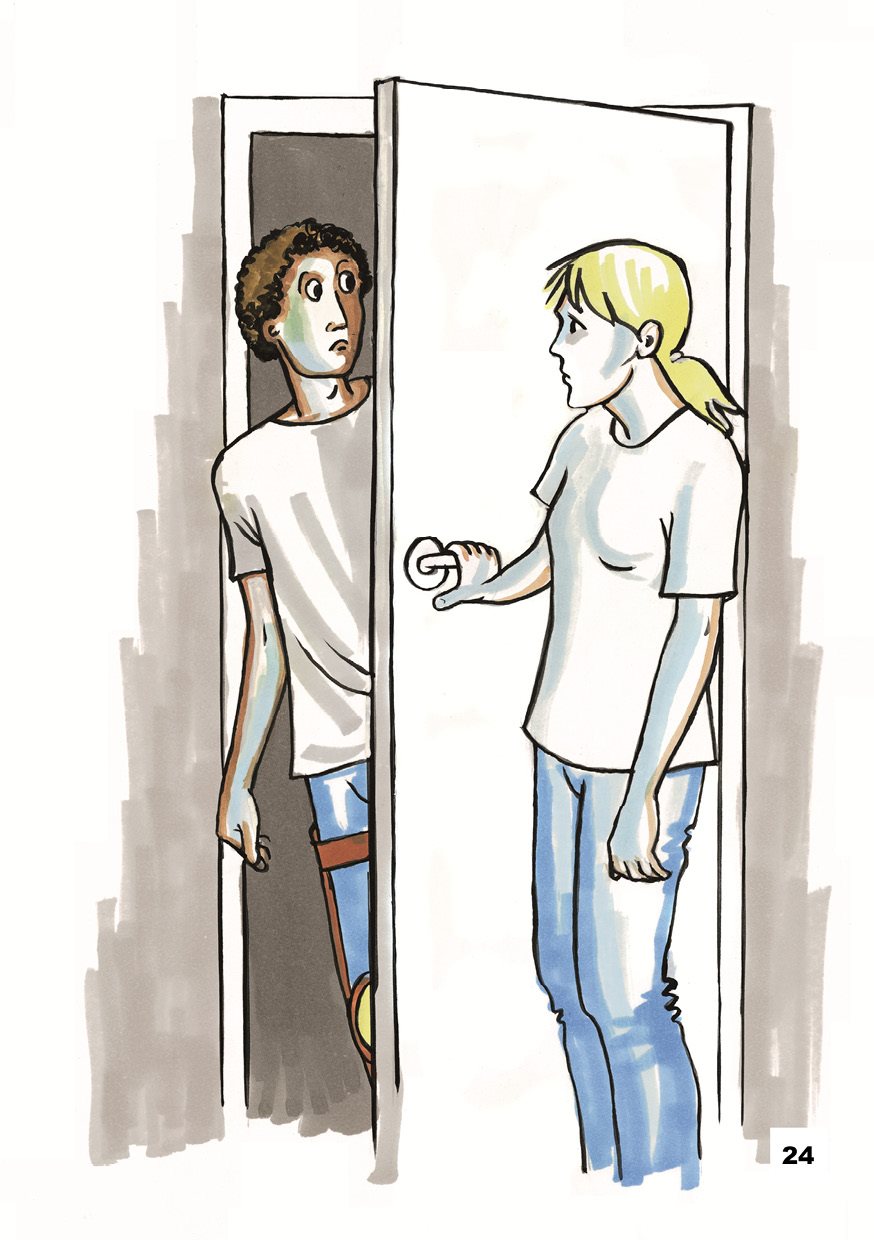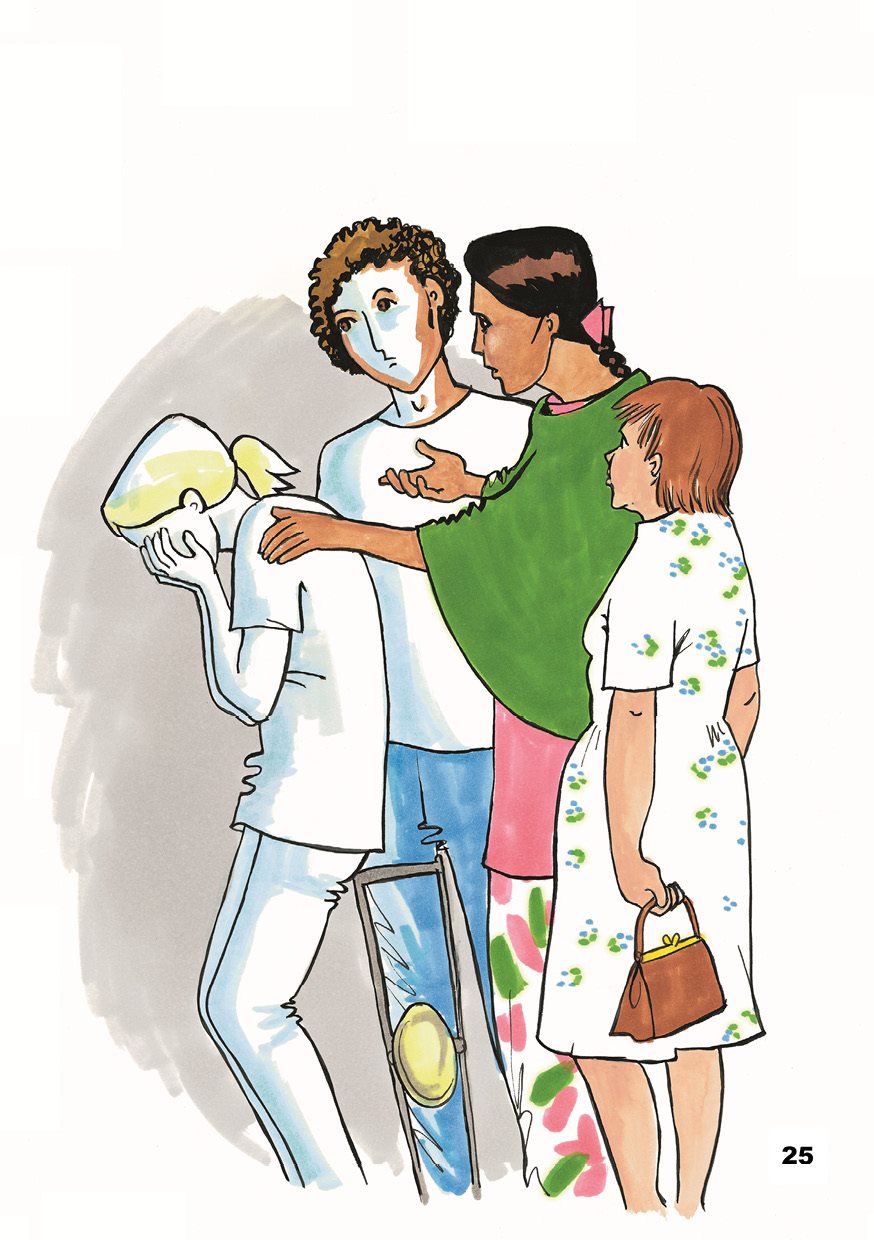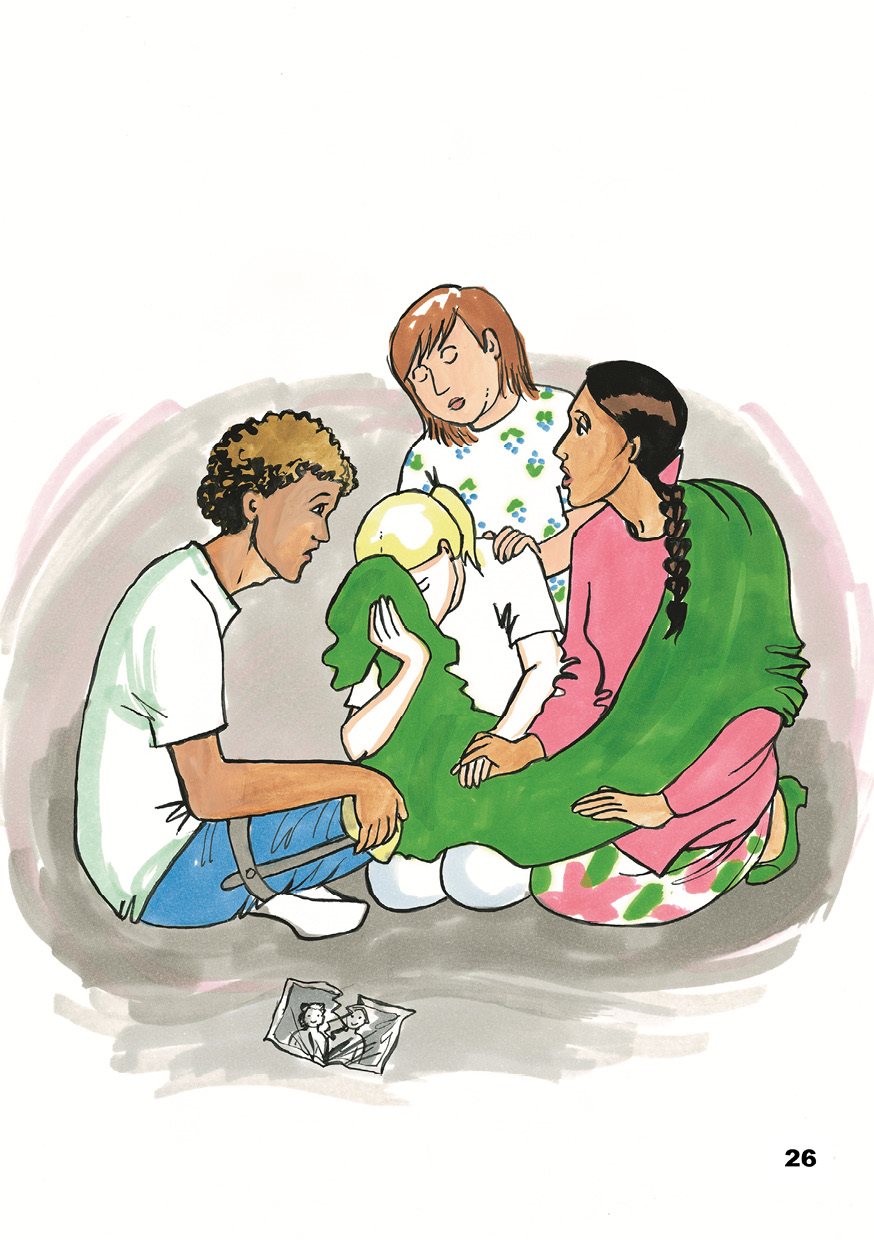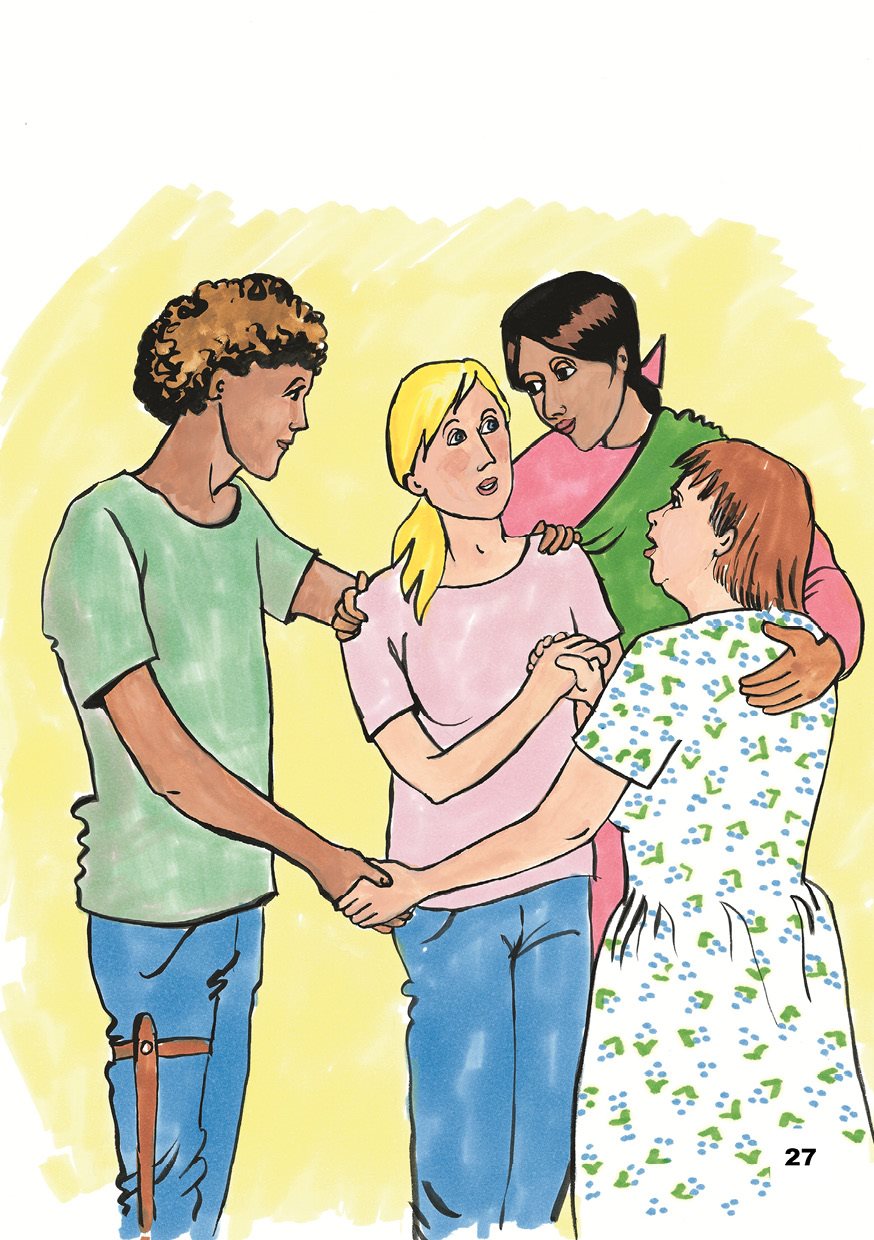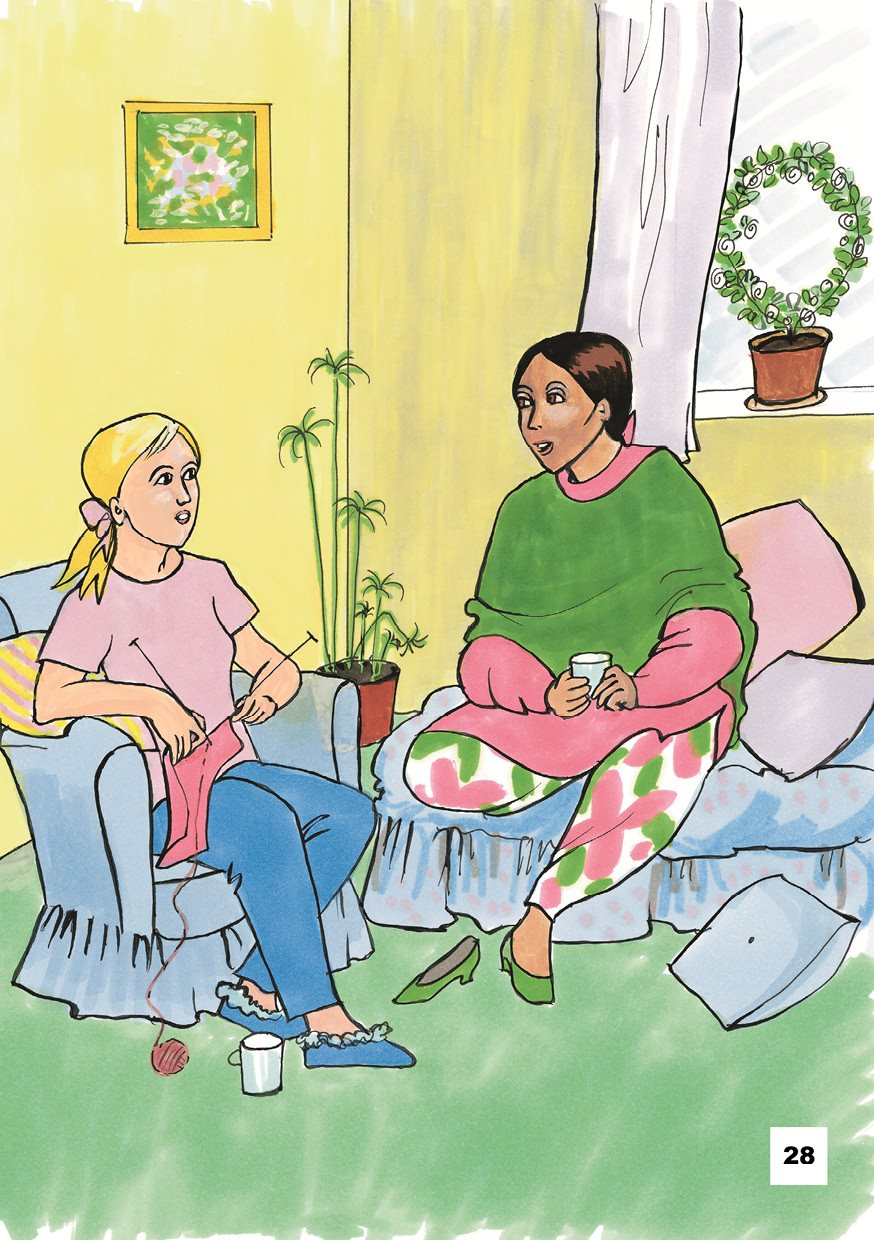Jenny Speaks Out
Sheila Hollins, Valerie Sinason
illustrated by Beth Webb
Beyond Words
London
Who is this book for?
This book is for anyone who finds pictures easier to understand than words.
People with intellectual disabilities are currently the main group of people finding the book useful. In the UK we talk about someone having a learning disability, or sometimes learning difficulty. Intellectual disability is the term that people use in other parts of the world.
Someone with an intellectual disability may find it hard to understand new or complex information and to learn new skills. They may need support to live as independently as they choose. Their condition will have started before adulthood and have a lasting impact on their life.
Having an intellectual disability does not mean that a person is not capable of understanding the advice, support or treatment they are given. Many people will be able to understand a situation more easily and make good decisions with the help of the pictures in this book. Some may benefit from just one or two well-chosen pictures. Others will need extra time and support to understand information, whether presented in simplified language or non-verbally.
People with intellectual disabilities have helped to develop each of the books in the Beyond Words series.
Other people will find the picture stories in Books Beyond Words useful too:
people with other cognitive or communication difficulties, such as dementia
people who have difficulty with reading, including some Deaf people
people who do not use the language of the country where they are living.
Jenny Speaks Out
Jenny has moved to a group home, but she is very unhappy and unsettled. Things come to a head when her support worker finds a photo of Dad.
Sensitively, the support worker helps Jenny to feel secure enough to talk about why she is upset. Jenny discloses that she was sexually abused by her father. The story shows how the warmth and trust of her support worker and friends begin a healing process which will bring hope and a fresh start for Jenny.
Jenny Speaks Out may enable a person with an intellectual disability or mental health problem, or someone who has English as a second language, to open up about their experience of sexual abuse.
One of the Books Beyond Words series
Professor the Baroness Hollins and her team have spent many years working with people who find pictures easier to understand than words, and have learnt a lot about what is important to them. Books Beyond Words are the result of careful development with the help of the people who read the books, and with family, supporters and professional experts.
How to read Jenny Speaks Out
There is no right or wrong way to read this book. Remember it is not necessary to be able to read the words.
- Some people are not used to reading books. Start at the beginning and read the story in each picture. Encourage the reader to hold the book themselves and to turn the pages at their own pace.
- Whether you are reading the book with one person or with a group, encourage them to tell the story in their own words. You will discover what each person thinks is happening, what they already know, and how they feel. You may think something different is happening in the pictures yourself, but that doesnt matter. Wait to see if their ideas change as the story develops. Dont challenge the reader(s) or suggest their ideas are wrong.
- Some pictures may be more difficult to understand. It can help to prompt the people you are supporting, for example:
Who do you think that is?
What is happening?
What is he or she doing now?
How is he or she feeling?
Do you feel like that? Has it happened to you/ your friend/ your family?
- You dont have to read the whole book in one sitting. Allow people enough time to follow the pictures at their own pace.
- Some people will not be able to follow the story, but they may be able to understand some of the pictures. Stay a little longer with the pictures that interest them.


